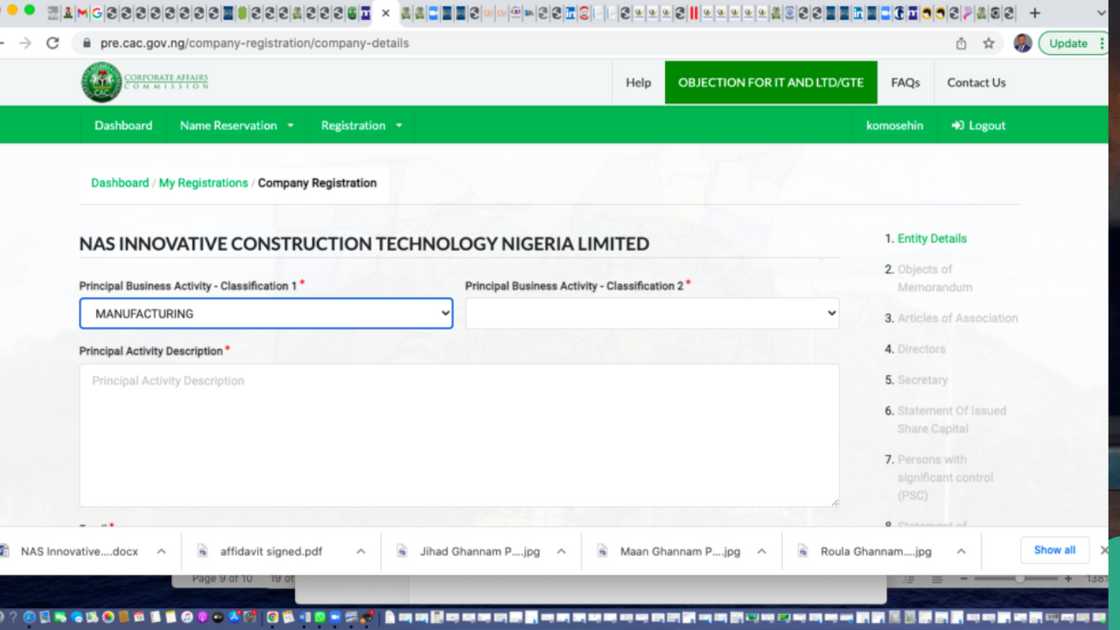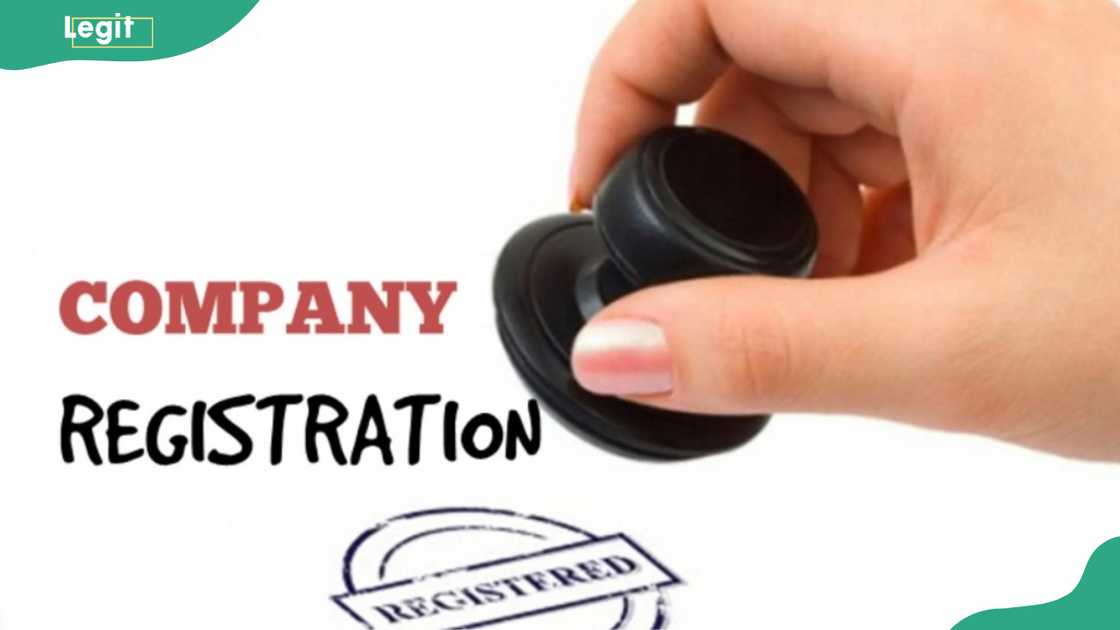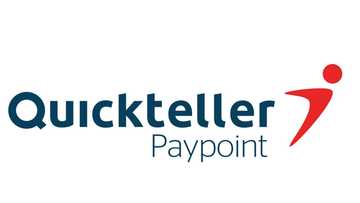Step-by-step breakdown of the requirements for company registration in Nigeria
Starting a business in Nigeria involves a series of legal and procedural steps. Understanding the requirements for company registration in Nigeria is essential for entrepreneurs looking to establish a legitimate presence. This step-by-step breakdown will guide you through the key requirements, documents, and processes involved in registering your company in Nigeria.

Source: UGC
TABLE OF CONTENTS
- Key takeaways
- Requirements for company registration in Nigeria
- What are the requirements for registering a company in Nigeria?
- How long does it take to register a company in Nigeria?
- How much does it cost to register a company in Nigeria?
- What documents are needed to register a company in Nigeria?
- How to register a small business in Nigeria
- Can a foreigner register a company in Nigeria?
- Can a foreigner own a company in Nigeria?
Key takeaways
- Conduct a name availability search through the Corporate Affairs Commission (CAC).
- Decide on the type of company you want to register (e.g., Private Limited Company, Public Limited Company, or Sole Proprietorship).
- Start with a clear business idea and a solid business plan outlining your goals.
- Stay up to date with regulations regarding labour laws, data protection.
Requirements for company registration in Nigeria
The are a lot of companies in Nigeria, and that means there are a lot of competitors! The main reason to register your company is that the registration will provide you with legal backing for your business. It is very important to take things seriously, even at the very beginning.

Read also
Meta threatens to cut off Facebook, Instagram, WhatsApp access in Nigeria as deadline nears
It will also bring more trust to your business, so it will be easier to find new clients. Registering a company protects your Company name, and you will have no problems with it in the future.
What are the requirements for registering a company in Nigeria?

Source: UGC
When setting up a business in Nigeria, understanding the requirements for registering a company in Nigeria is essential for ensuring legal compliance and a smooth setup.
The formation of a company in Nigeria begins with choosing a unique business name and determining the appropriate business structure, such as a Private Limited Company (Ltd), Public Limited Company (PLC), or Sole Proprietorship.
Once the structure is chosen, the next step in the procedure of registration of company involves conducting a name availability search through the Corporate Affairs Commission (CAC) portal, preparing and submitting key documents like the CAC registration form (Form CAC 1.1), valid identification for directors and shareholders, and the Memorandum and Articles of Association (MEMART).
Additional steps include paying the prescribed registration fees, uploading documents on the CAC portal, and receiving the Certificate of Incorporation upon approval. These requirements lay the foundation for legally operating a business in Nigeria.
How long does it take to register a company in Nigeria?
In Nigeria, registering a company typically takes between 1 to 3 weeks, depending on the type of company and the completeness of the submitted documents. For a business name or company limited by shares, it generally takes 3 to 10 working days. Incorporated trustees may take longer, possibly 6-8 weeks.
How much does it cost to register a company in Nigeria?
The cost to register a company in Nigeria varies depending on the type of company and its share capital. For private or public limited liability companies, the registration fee can range from ₦10,000 to ₦50,000 or more, with fees increasing based on the share capital.
A typical new company with a share capital of ₦1,000,000 might incur fees including ₦500 for name reservation, ₦15,000 for CAC filing, and ₦8,000 for stamp duty.
What documents are needed to register a company in Nigeria?
To register a company in Nigeria, especially with the Corporate Affairs Commission (CAC), you’ll need to prepare and submit several key documents. Here are the main documents needed to register a company in Nigeria:
- Completed CAC Registration Form (Form CAC 1.1)– This form includes information about the company name, business address, nature of business, share capital, and details of directors, shareholders, and company secretary.
- Means of Identification - Valid ID for all directors, shareholders, and company secretary (e.g., National ID, International Passport, Driver’s License, or Voter’s Card).
- Memorandum and Articles of Association (MEMART) - A legal document that outlines the company’s objectives, rules, and internal structure. The CAC now provides a standard version for most small businesses.
- Proficiency Certificates (if applicable) - For businesses in professional sectors (e.g., law, medicine, engineering), relevant professional certificates may be required.
- Evidence of Name Reservation - A document showing that the proposed company name has been approved and reserved by the CAC.
- Passport Photographs - Passport-sized photos of all directors and shareholders (may be required for physical documentation or filing).
- Stamp Duty Payment Receipt (automatically processed online now) - Evidence of payment for stamp duties on share capital, processed through the CAC platform.
- Company Address and Utility Bill (if requested) - Some filings may require proof of company address, such as a recent utility bill or tenancy agreement.
How to register a small business in Nigeria

Source: UGC
Before doing anything, find a good lawyer who will help you fill out the documents and assist you with all the steps to register your company. Now you are ready to become a part of the business in Nigeria. The following steps explain the legal requirements for starting a business in Nigeria;
1. Choose a name for your Company
When starting a business in Nigeria, one of the first and most important steps is choosing a name for your company. This name not only represents your brand but is also a key part of the legal registration process.
To ensure your chosen name is acceptable, you must conduct a name availability search through the Corporate Affairs Commission (CAC) portal. This step helps verify that the name isn't already in use or too similar to an existing entity.
Understanding how to register a company name involves checking for uniqueness, reserving the name through the CAC portal, and following up with the full registration process. A well-chosen and properly registered name gives your business a professional identity and protects it legally.
2. The Preparation of Memorandum and Articles of Association
To prepare the documents, you will need to have a lawyer. He will be responsible for preparing the needed documents.
You will need to tell him the names of the first directors of the company, and the names of the shareholders. They have to meet the requirements that we listed (have to be older than 18, crime-less, etc.) The directors will be inspected by the CAC, and they will have to provide means of identification.
3. The incorporation forms
The next step is to fill out the incorporation forms from the CAC. There will be several documents that you have to fill out. You can use the help of the secretary, lawyer or accountant. The person will also be responsible for filing the documents for the Corporate Affairs Commission after the registration of your company.
The form-filling process is as follows;
- The Statement of Share Capital and Return of Allotment form (Form CAC 2) - filled by one director;
- The Notice of Situation/Change of Registered Address form (Form CAC 3) - signed by the secretary and director;
- The Particulars of the Director form (Form CAC 7) - filled by all the directors;
- The Declaration of Compliance with the requirements of CAMA form (Form CAC 4) - filled by the firm accredited by CAC;
- Two directors of the company have to sign a form appointing the new company secretary to the company (the one that is responsible for the documents after registration).
- When all documents are willed, they are to be submitted back to the CAC together with the Memorandum and Articles of Association. You should submit them after payment.
- You will also have to complete the pre-registration form - the CAC 1.1 online, or download it from the official site, fill it and submit it to CAC as well.
4. The payment
You have to pay the filing fee to CAC. Note that you should check the CAC fees before registering your company if you don’t want to lose any additional money. The fees can be checked here - Fees.
You are also required to pay the Stamp Duty fee to the FIRS (the Federal Inland Revenue Service). You may pay at a designated bank into the account of the IRS.
After the payment, the documents will proceed to the Stamp Duty, where they are stamped. Then they are submitted to CAC. There are things that you should follow if you don’t want to get fines. You need to:
- Hold an Annual General Meeting (AGM) each year;
- Fill annual returns 42 days after AGM;
- Register for Companies Income Tax and Value Added Tax with FIRS;
- If it applies to your company, then register for the Special Control Unit Against Money Laundering.
Once again, make sure to visit the official website and check the fees.
Can a foreigner register a company in Nigeria?
Yes, a foreigner can register and own a company in Nigeria. Nigeria encourages foreign direct investment and allows non-citizens to fully own and operate businesses, provided they meet the legal requirements.
Can a foreigner own a company in Nigeria?
Yes, but some specific steps and regulations must be followed. Foreigners are allowed to own 100% equity in a Nigerian company without the need for a local partner. However, they must register the business with the Corporate Affairs Commission (CAC) just like Nigerian citizens.
Foreign-owned businesses are required to obtain a Business Permit from the Ministry of Interior and may also need to register with the Nigerian Investment Promotion Commission (NIPC), especially if they intend to bring capital into the country.
Other important steps include opening a corporate bank account, obtaining a Tax Identification Number (TIN), and, in some cases, securing an expatriate quota and residence permit if the foreigner will be working in Nigeria. With proper documentation and compliance with Nigerian laws, foreigners can fully own and operate companies across most sectors of the Nigerian economy.
Understanding the requirements for company registration in Nigeria is a crucial first step for anyone looking to establish a legal business presence in the country. Whether you’re a local entrepreneur or a foreign investor, meeting the requirements for company registration in Nigeria sets a strong foundation for long-term success.
Legit.ng recently compiled an article about NYSC registration: guidelines, requirements, documents, and portal. NYSC is a one-year mandatory service for Nigerian graduates who are under the age of 30 years.
The NYSC registration process is easy, as explained in this article. Click the link above to learn more!
Source: Legit.ng

Adrianna Simwa (Lifestyle writer) Adrianna Simwa is a content writer at Legit.ng where she has worked since mid-2022. She has written for many periodicals on a variety of subjects, including news, celebrities, and lifestyle, for more than three years. She has worked for The Hoth, The Standard Group and Triple P Media. Adrianna graduated from Nairobi University with a Bachelor of Fine Arts (BFA) in 2020. In 2023, Simwa finished the AFP course on Digital Investigation Techniques. You can reach her through her email: adriannasimwa@gmail.com

Kevin Omuya (Lifestyle writer) Kevin Omuya is a professional content writer with over three years of experience. At Legit.ng, he has contributed to extensive research on various topics such as celebrity news, fashion, and biographies. He has also worked as an editor and content creator at SportsCulture and CottageMed. In 2019, he graduated with a Bachelor of Arts in Journalism & Digital Media from KCA University. You can reach him through his email: komuya89@gmail.com






